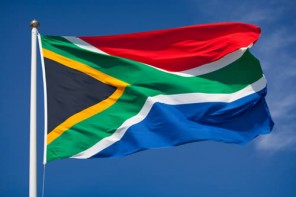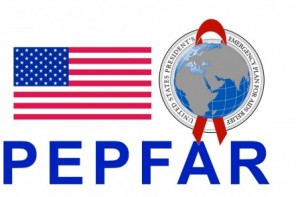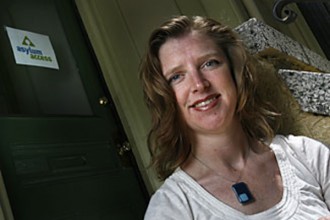There aren’t any. To be fair, only one of the three I’m thinking about is even supposed to have happened. But the other two are getting dicey.
Let’s start with Rwanda, because it’s all over the news. I’m not there at the moment, but that never stops the New York Times from writing vague stories without attributed sources about Rwanda, and anyone with a Rwanda Google alert (and isn’t that all of us?) already knows that an American lawyer has been jailed there on charges of genocide denial and threatening state security, and that the opposition candidates are appealing to the US and Europe to pressure Rwanda’s government to be less strong-armed on matters of genocide denial.
I fail to understand this. It seems to me — armchair analysis of a journalist from Bujumbura — that the opposition is making a severe mistake in political strategy. Who’s going to take them seriously when their first real move out of the gate is to ask for international help from the very same actors who can’t get Rwanda to budget an inch on the American dude in jail? Sure, I know as well as anyone else (with that Google alert, anyway) that there’s a “Rwanda oppresses its political opponents” narrative out there in the world that’s not hard to tap into. I just don’t think it’s as strong as the Rwandan government’s own narrative, which increasingly seems to be, “Screw you, we run our country.” Politics fail, opposition.
Date of the second coming? August 9.
Moving on to Rwanda’s neighbor to the south, Burundi. In the last week, every member of the opposition has pulled out of the presidential elections, including the party of the current vice-president. Yesterday, they were banned from meeting in a province and formally escorted by provincial authorities to the county line. They insist they are protesting fraud in the provincial elections, which happened at the end of May, and want the results annulled. But the international community — through the team of European Union observers sent here to verify the results — says bollocks. I say that if the winning party, the president’s CNDD-FDD, really stuffed the ballot boxes in order to get its declared 64 percent of the vote, we’re all missing the point. We should actually be celebrating their modesty.
I’m in Burundi and covering the elections, so undoubtedly more to come. (Meantime, I congratulate Voice of America, which has been right on top of every development and whose articles I find myself returning to again and again.)
Date of electoral theater? June 28.
And finally, the Central African Republic, where I spent three weeks in May. First, let’s get one thing straight: That’s the name of the country, not a geographic moniker. Though yes, it is indeed in the center Africa, as advertised. (And while we’re at it, I was told repeatedly by humanitarian workers, “It’s not ‘car.’ We don’t call it that. We call it, ‘the SEE-AY-AR.'” Duly noted. And indeed, more elegant.)
So, the CAR was supposed to have presidential elections in March. Then in April. And as it increasingly became clear good elections were out of reach for awhile, there was a problem: The constitution only authorized the government to hold power until June 11. So immediate concern shifted from fraudulent elections to power vacuum in a state that’s been a little heavy on the coup thing.
So the National Assembly of the CAR passed a law authorizing the president to stay in power ‘as long as necessary.’ That’s not a direct quote, but it is the idea. Everyone agrees that the country will still have elections, in spite of the immemorial power now granted to a man whose only political objective seems to be retaining power as long as possible. But probably not until late this year, early next year. And only when, I was repeatedly told by governmental officials, the international community coughs up the money the CAR needs to run the elections. You want them free and fair? Write a check.
Date of the first free and fair elections in the CAR, since the last ones that launched the rebellion and were followed by a governmental scorched earth campaign? Ask France.




Hey Jina, good to have a compact update on elections in CAR from you. I was doing humanitarian work there last year and I solemnly swear I never told anyone to call it by its letters rather than making the vehicle word! Looking forward to reading more about your insights there as regards progress on peace building, or lack thereof…Louise
Thanks Louise! I actually liked “the see ay ar.” It’s far more elegant. I think I might even put that in the post.
I’ve got some blog posts on the CAR up at Untold Stories, the Pulitzer Center’s blog, and more are coming. Hoping to do a story or two about the election, too. It’s nice to know there’s an audience, at least of one. Honestly, that makes me feel happy. And accountable.